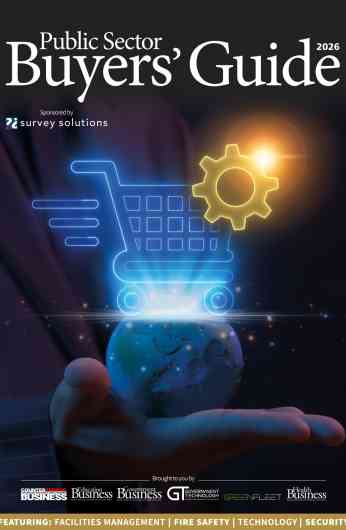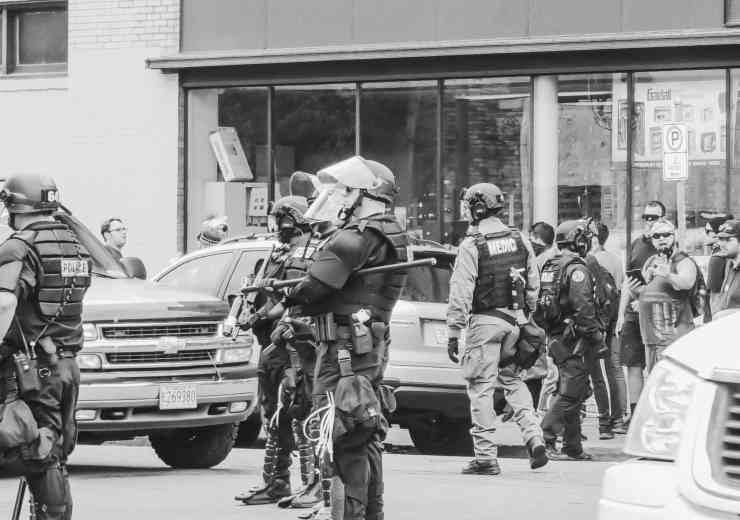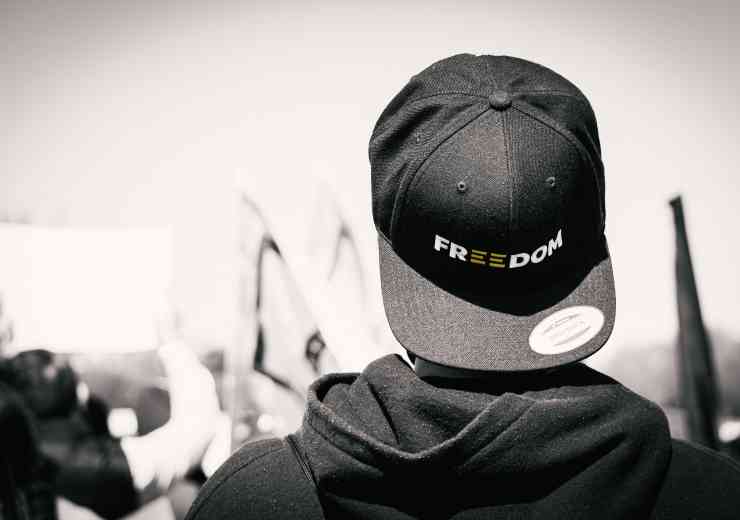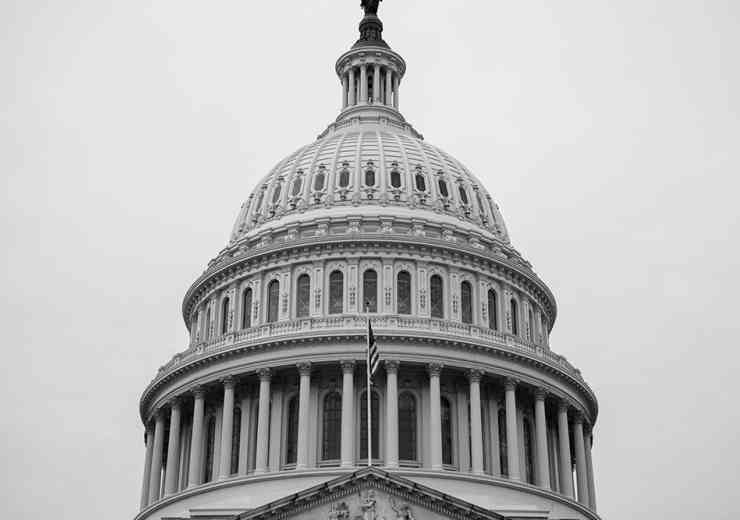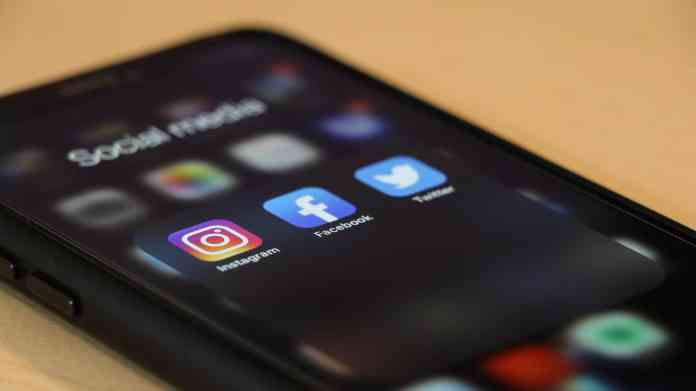
Ideology, extremism, radicalisation
Is fake news the terror super-spreader?
Fake news is typically used to inflame, influence, and destabilise political debate, drive culture wars, undermine traditional journalism and to promote appalling ideologies.
Misinformation has been with us for centuries, but social media has greased the rails when it comes to reach and availability. Fake news plays on our hopes and fears. It feeds any confirmation bias we might have, and it reinforces our beliefs and undermines our sense of enquiry or search for the truth.
Fake news can also muddy the waters so that even when facts do get reported accurately such is the onslaught of lies many people just don’t believe them.
If fake news was entirely made up of out-and-out falsehoods, then it might be relatively easy to dismiss, but often it contains a kernel of truth that can be manipulated or skewed to drive the protagonist’s agenda. It’s an insidious virus that pumps toxins into our lives.
Terror organisations
For many terror organisations the Covid pandemic combined with their ability to harness fake news and social media has proved a menacing combination.
A recent report published by the United Nations Interregional Crime and Justice Research Institute (UNICRI) called ‘Stop the virus of disinformation’ bears careful examination.
Antonia Marie De Meo (UNICRI Director) says in the introduction that ‘terrorist, violent extremist and organized criminal groups are trying to take advantage of the Coronavirus disease (Covid-19) pandemic to expand their activities and jeopardize the efficacy and credibility of response measures by governments.’
The report divides these groups into far-right extremist organisations, groups associated with Islamic terror and organised criminal gangs.
According to the United Nations Counter-Terrorism Committee Executive Directorate, the right-wing extremists are a ‘shifting, complex and overlapping milieu of individuals, groups, and movements (online and offline) espousing different but related ideologies, often linked by hatred and racism toward minorities, xenophobia, islamophobia or anti-Semitism’.
Those groups involved in Middle Eastern terror which include al-Qaida and ISIL are often well organised and adept at using social media to promote their agenda.
The other group of violent non-state actors are comprised of criminal gangs such as the narcos in Mexico and the Cosa Nostra or mafia in Italy.
Strategic objectives
The UN report identified three strategic objectives that are common to all these violent non-state actors.
1. To undermine trust in governments and to reinforce extremist narratives and recruitment strategies.
The pro-ISIL Al-Qitaal Media Center shared a message claiming Covid is a divine punishment that would not affect their believers. This group constantly targets Hindus with hate speech while at the same time seeks to portray the virus as a ‘divine’ matter rather than a genuine health crisis.
The Somali Islamic terror group, Al-Shabaab, also spreads disinformation about the pandemic using it as a justification to continue their terror activities. They claim foreign troops, particularly the African Union Mission in Somalia, have been responsible for deliberately spreading Covid and should therefore be expelled from the country.
2. To increase ‘inspired terrorism’ leading self-radicalised individuals to carry out terror attacks.
There are reported cases of far-right groups explicitly telling their supporters to spread the virus by attending gatherings of racial or religious minorities, by the simple expedient of coughing when among them.
A more extreme example of an ‘Inspired terrorist’ is Timothy Wilson who was killed by the FBI while he was attempting to detonate a bomb at a Kansas City hospital caring for Covid patients. It’s also believed he planned an attack on a US TV network and discussed targeting a presidential candidate.
Thousands of email addresses belonging to staff at the World Health Organisation, the Gates Foundation and other groups combatting Covid were apparently posted online by far-right groups.
3. The promotion of a ‘positive image’ among their followers and potential recruits.
Terror groups often want to promote themselves as an alternative to their country’s government. During the pandemic some have tried to offer people healthcare thus playing on the public’s grievances to their advantage.
In Mexico, drug cartels have distributed aid packages with the criminal gang’s name emblazoned on the boxes. The images were then publicised on social media. A case in point is the Gulf Cartel that shared aid including food and sanitisers in Tamaulipas. Inside each box was a sticker bearing the name of the cartel and the name of its leader.
Extremist tactics
Right-wing groups have become experts at producing internet memes to attract new audiences. This is typically a phrase or image that captures their message and then spreads like wildfire across their social media networks. They often use vicious humour to make antisemitic or Islamophobic insults that appeal to their followers.
Violent non-state actors have become adept at using the services provided by the big media companies. Anyone who uses Facebook, knows the company is always prompting users to find new ‘friends.’ Friends will often share the same ideology or confirmation bias. Facebook, Twitter, and Instagram all have algorithms that help expand a user’s network. For terror groups these algorithms can help grow and radicalise their legion of recruits.
The groups will try to bypass controls used by the media companies to root out extremism by not using certain key words or phrases and avoiding extremist language. They may also try to appear blander and more legitimate than they are to appeal to a wider audience.
Conspiracy theories
Messages deployed by extremist organisations include conspiracy theories that local governments, religious or ethnic groups, who they oppose, are responsible for creating or disseminating Covid among the local population.
Other messages may allege that governments have secret agendas and are involved in global depopulation. Another popular tactic is to contend that politicians or business leaders are making money out of vaccines and other treatments.
The New Jersey European Heritage Association (NJEHA) deployed stickers with slogans such as ‘Stop coronavirus – deport all illegal aliens’ and ‘Multicultural is the virus’. Other far-right groups adopt antisemitic or Islamophobic slogans depending on their ideology.
In many of these cases the terror groups claim to possess ‘real’ information not available on mainstream media and known only to the initiated or their followers. Typically, they claim that the pandemic will hasten the demise of the government leaving a vacuum that will be filled by their followers with their enemies being eliminated.
Social media bubble
We tend to live in a social media echo chamber where we hear our views repeated back to us on a continual loop. It may sometimes appear that everyone we interact with on social media shares our views. This makes it much more difficult to tell what is fake and what isn’t. Inside our bubble we are selectively exposed to information aligned to our beliefs. This plays into the hands of the violent non-state actors and they use it to their advantage.
Worryingly this situation looks unlikely to change. During the 2020 US presidential election, fake news on Facebook was far more popular than real news.
According to The Washington Post, researchers at New York University and France’s Université Grenoble Alpes found that between August 2020 and January 2021, articles that contained misleading or misinformation received ‘six times as many likes, shares, and interactions as legitimate news articles’.
Dr Rebekah Tromble, Head of the Institute for Data, Democracy and Politics at George Washington University, told the Post: ‘The study helps add to the growing body of evidence that, despite a variety of mitigation efforts, misinformation has found a comfortable home – and an engaged audience – on Facebook’. Facebook responded saying the research doesn’t show the full picture.
Because of the internet we are now able to source information in a manner and speed unparalleled in history. No library has ever allowed us such easy access to so much valuable information.
Unfortunately, there are far darker elements in society who find this a perfect arena for their nefarious activities. Despite the best efforts of governments and on occasions the social media companies themselves, the gangs appear able to spread their messages and recruit followers almost at will. Terror groups are combining fake news, the Covid pandemic and social media to super-spread their abhorrent ideologies.
Written by Jim Preen, Crisis Management Director at YUDU Sentinel.
Jim designs and delivers crisis simulation exercises and is responsible for the company’s written material. Formerly a journalist, he worked at ABC News (US) where he covered the Gulf War and the Bosnian conflict. He won two Emmys while working at ABC.
Read the UNICRI report here.


